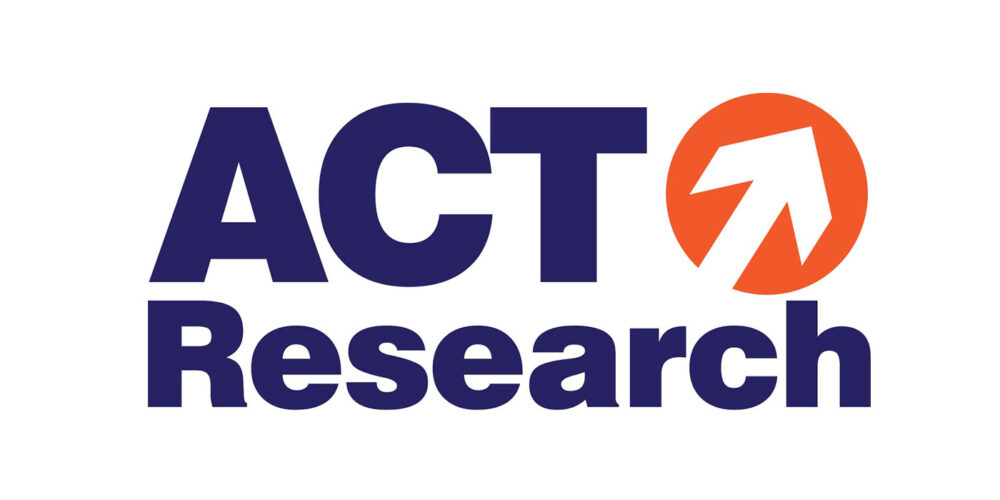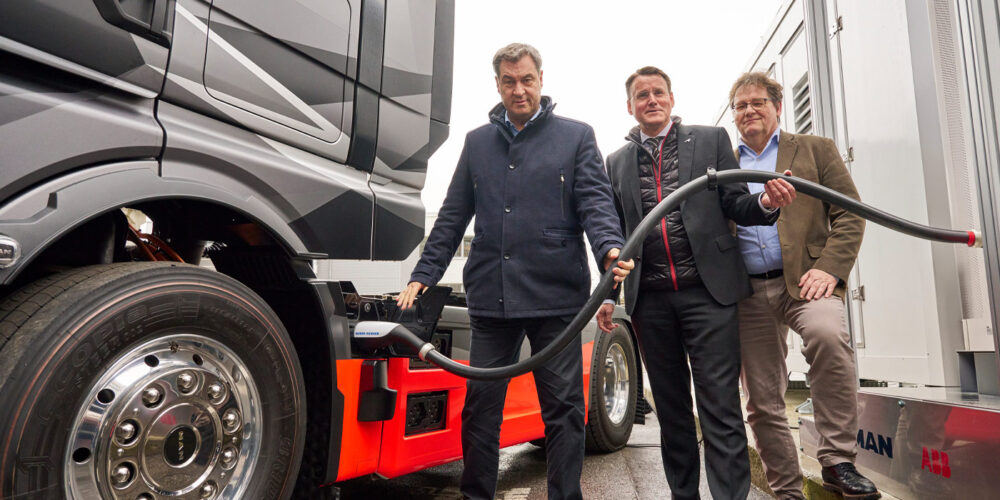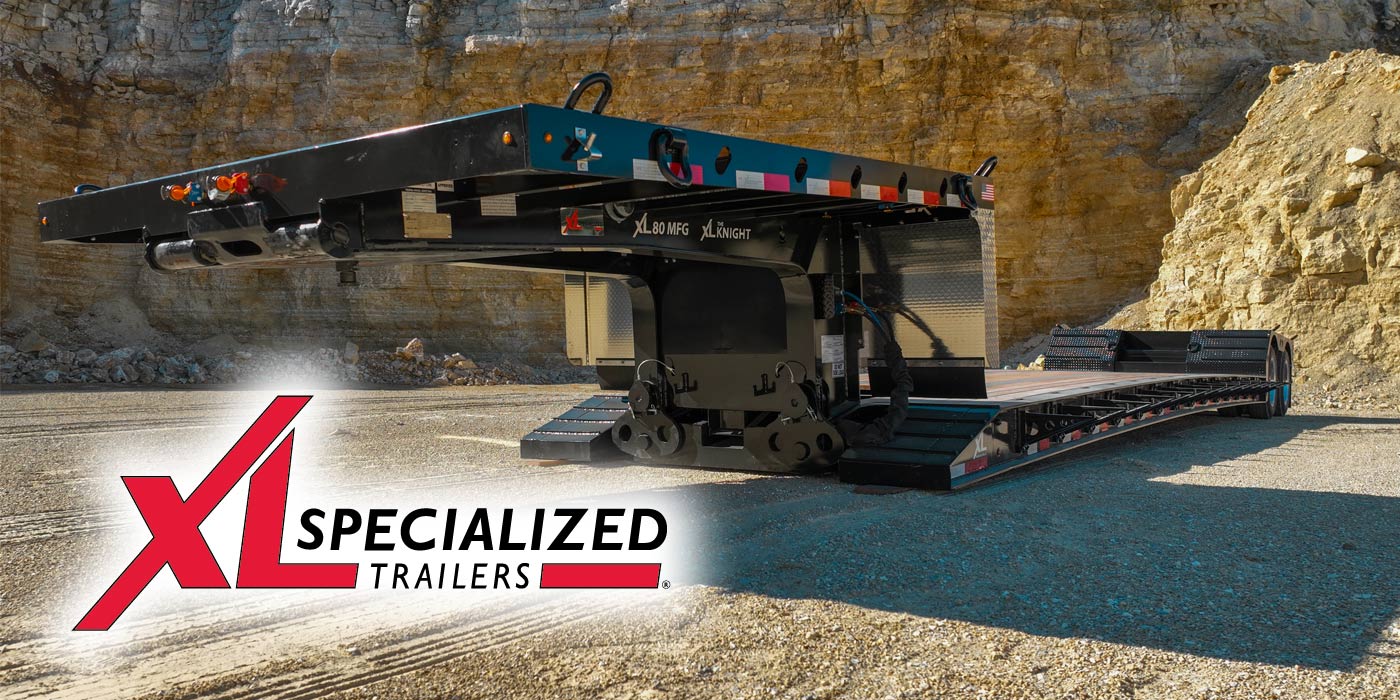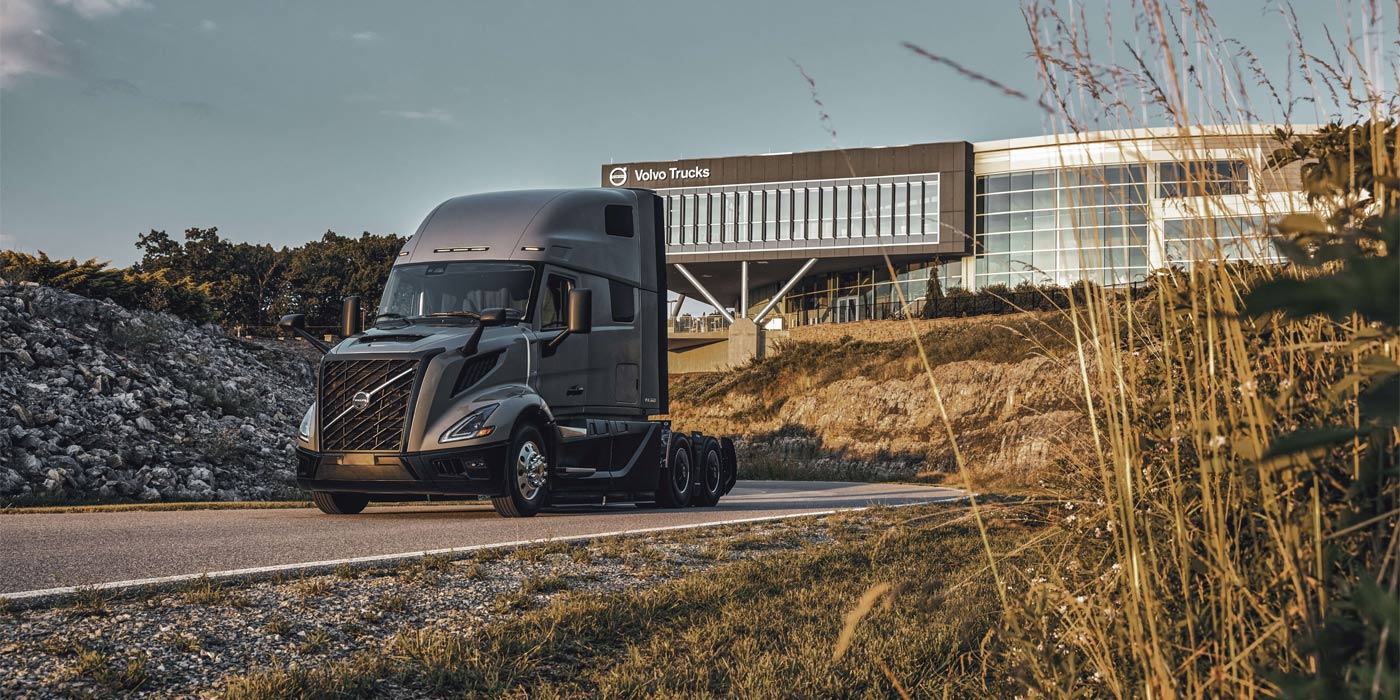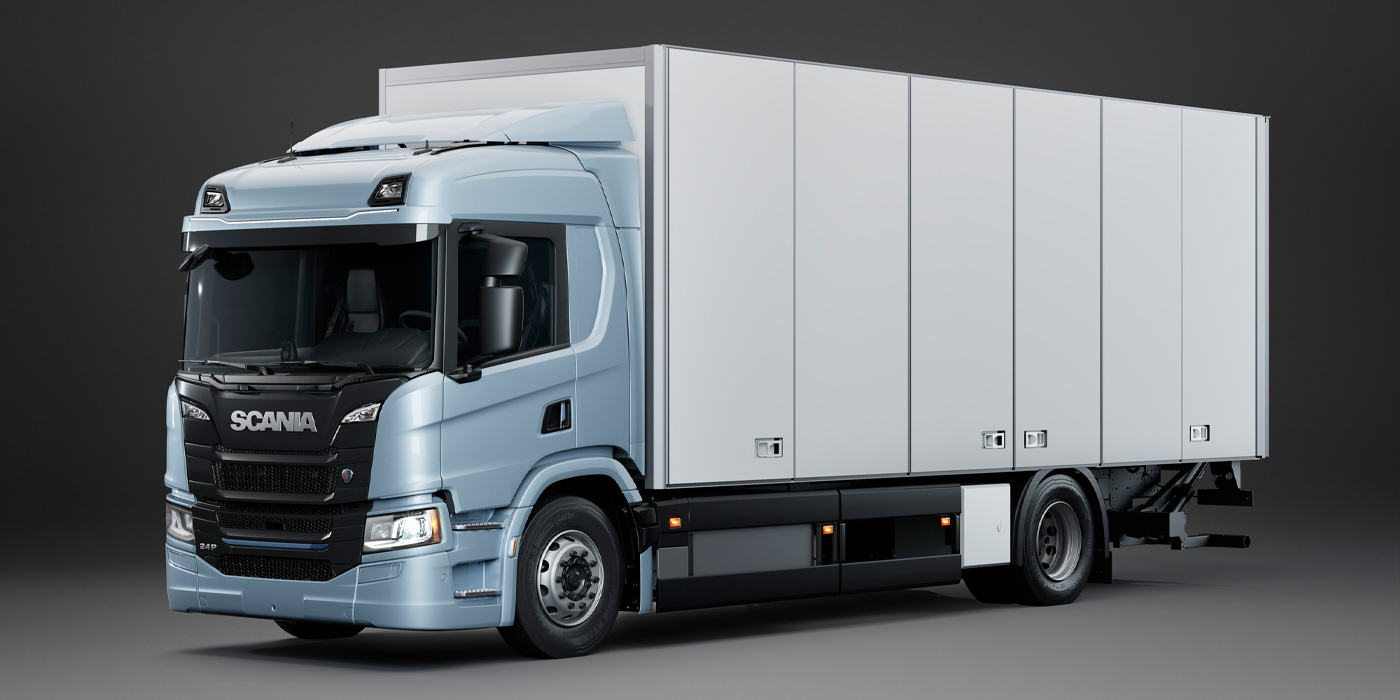According to ACT Research’s recently released edition of Charging Forward, a multi-client decarbonization study of the US commercial vehicle market, conversion of the CV sector will require a very coordinated effort between vehicle acquisition and the supporting charging infrastructure to ensure adequate charging infrastructure is in place to support fleet needs.
Typically, utilities have implemented programs to assist fleets in their infrastructure development, serving as project managers to assist the project from “pole to pad” or even “pole to plug” for participating fleets.
“Early adopters of battery-electric commercial vehicles experienced rather lengthy timelines to install EV charging infrastructure,” noted Ann Rundle, vice president of electrification and autonomy at ACT Research. “Utilities have now been able to support timelines of nine to 13 months, from initial preliminary design to final design and construction, but those lead times reflect adequate, existing transformer capabilities. A more conservative rule of thumb indicates fleets should begin planning and coordinating behind-the-fence EV charging infrastructure to allow for an 18- to 24-month lead time.”
In summary, Rundle emphasized that in cases where significant grid enhancements are necessary, longer lead times become essential, particularly when extra approval stages are involved. Upgrading feeders might extend beyond a year, while enhancing substations could span one to two years. The establishment of new substations could even extend to three years or more, given the comprehensive requirements of planning, load interconnection assessments, and intricacies in the permit approval procedure.

